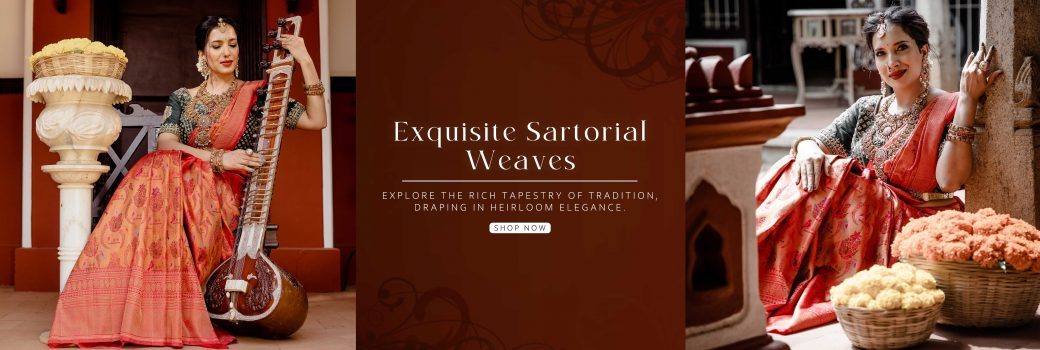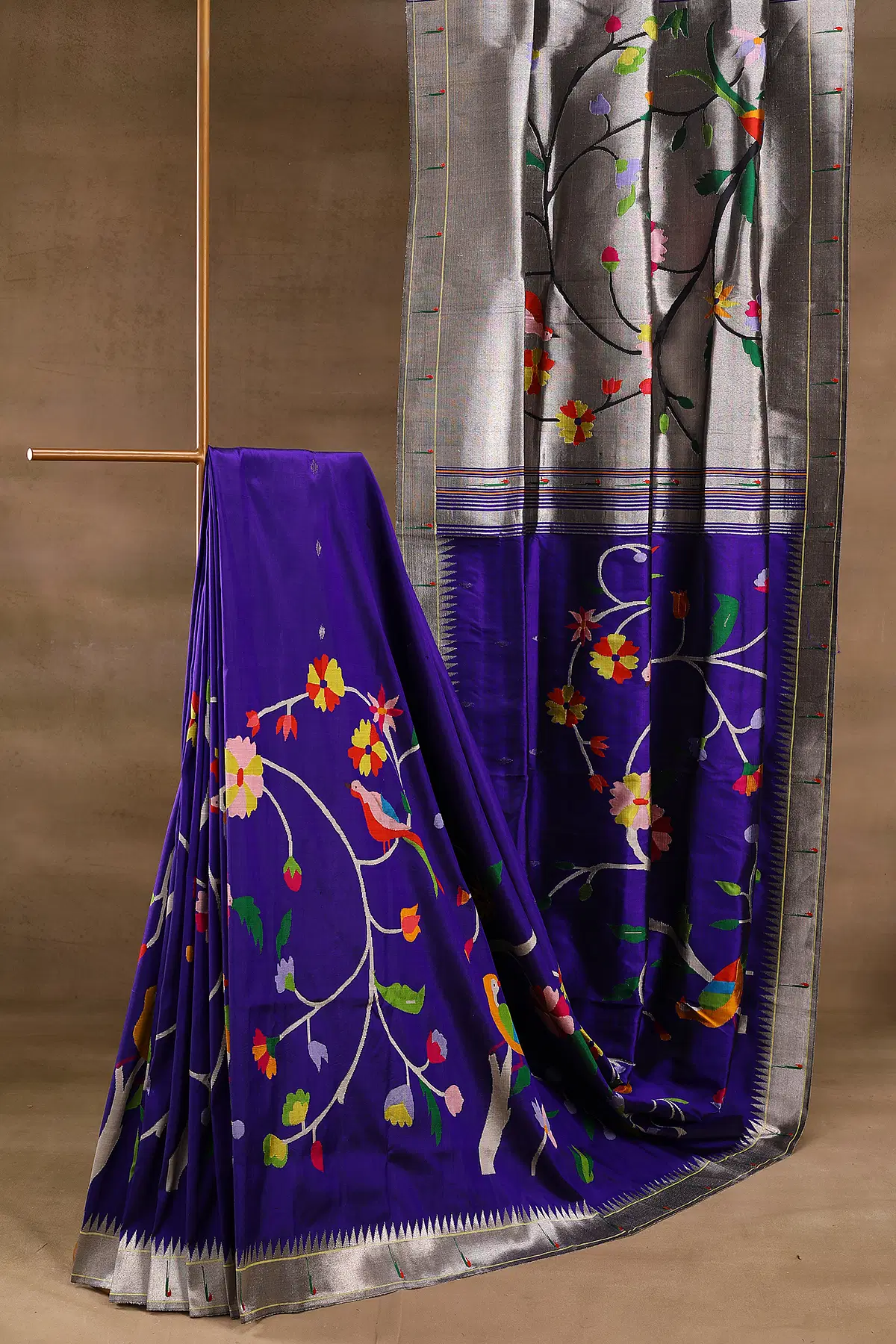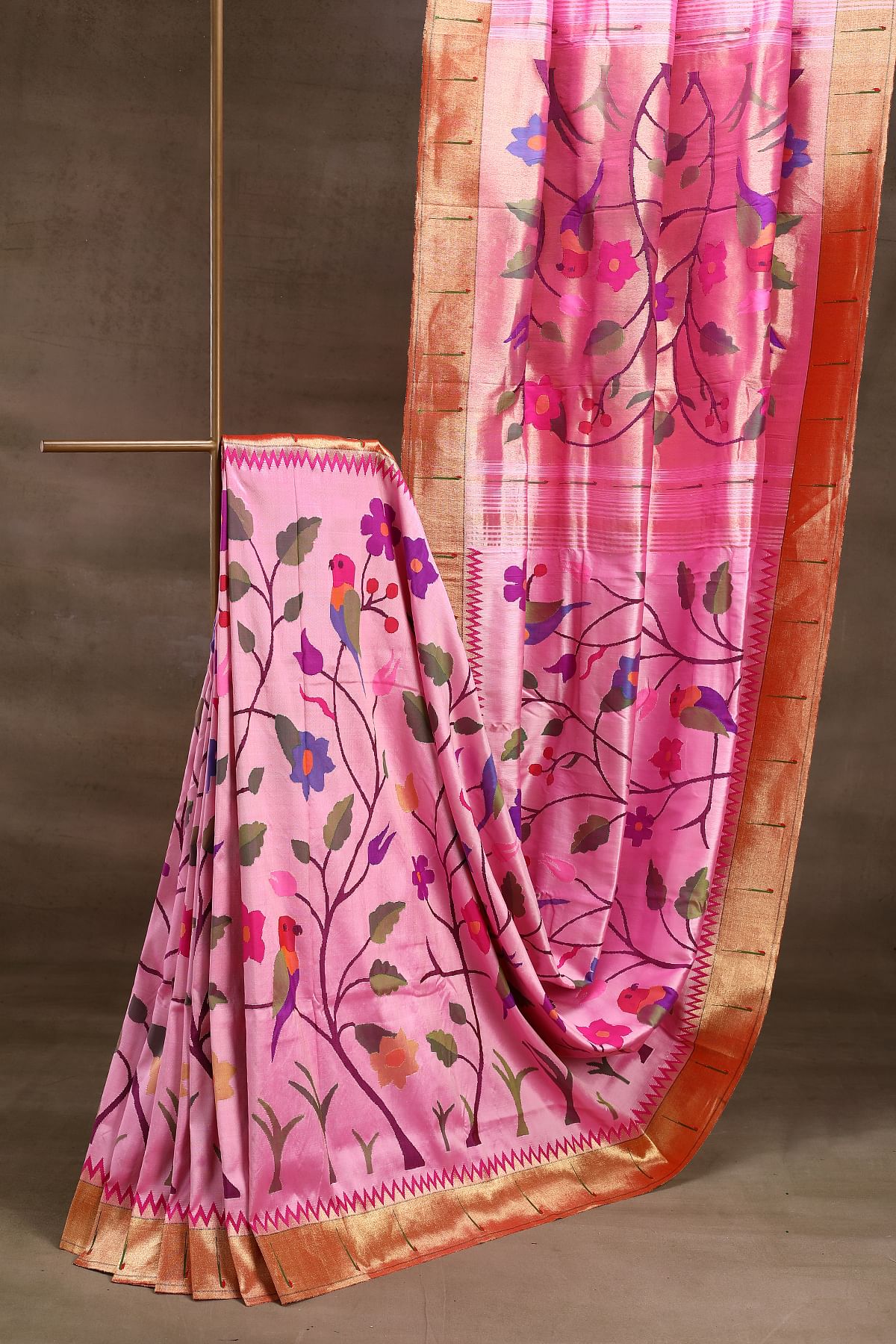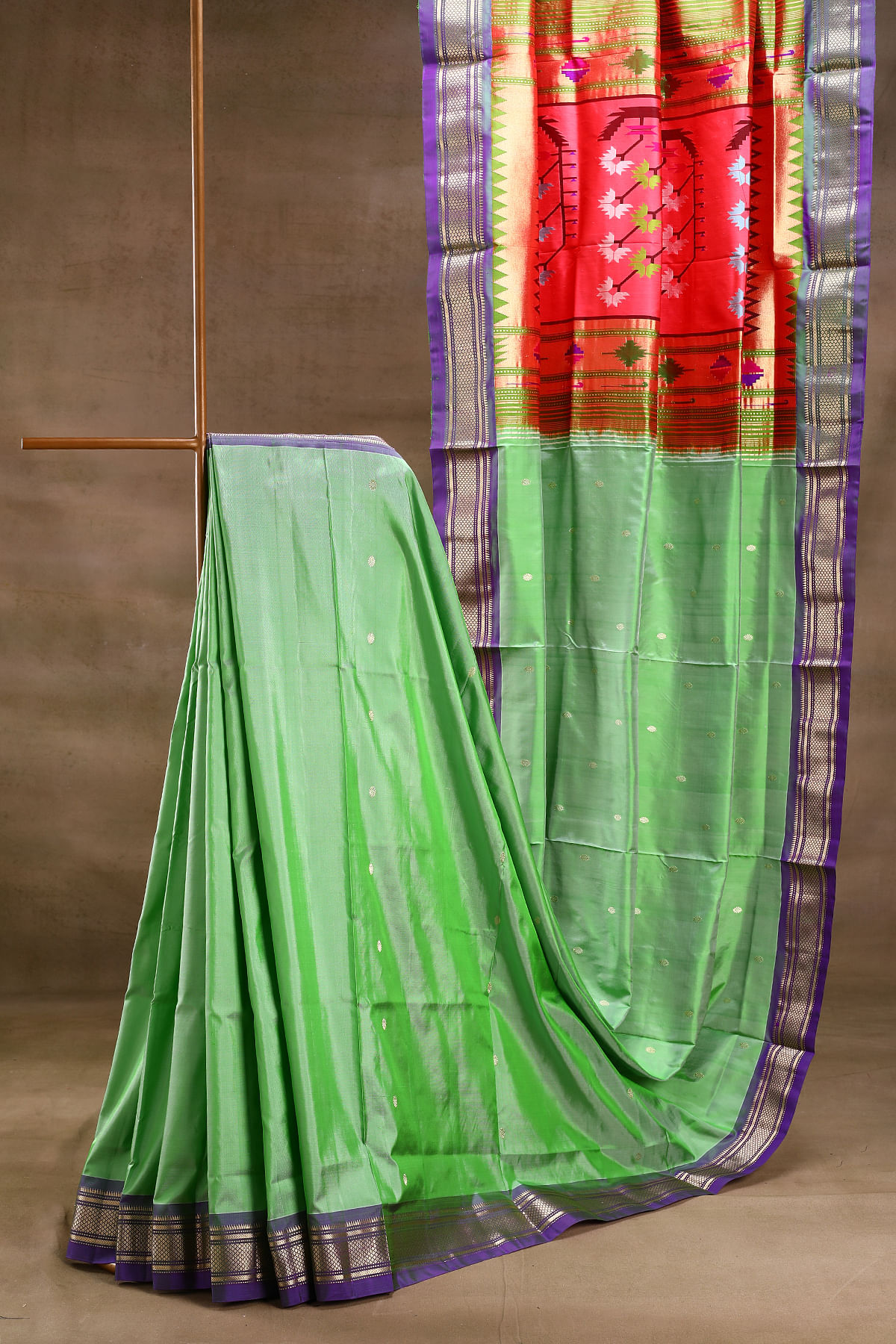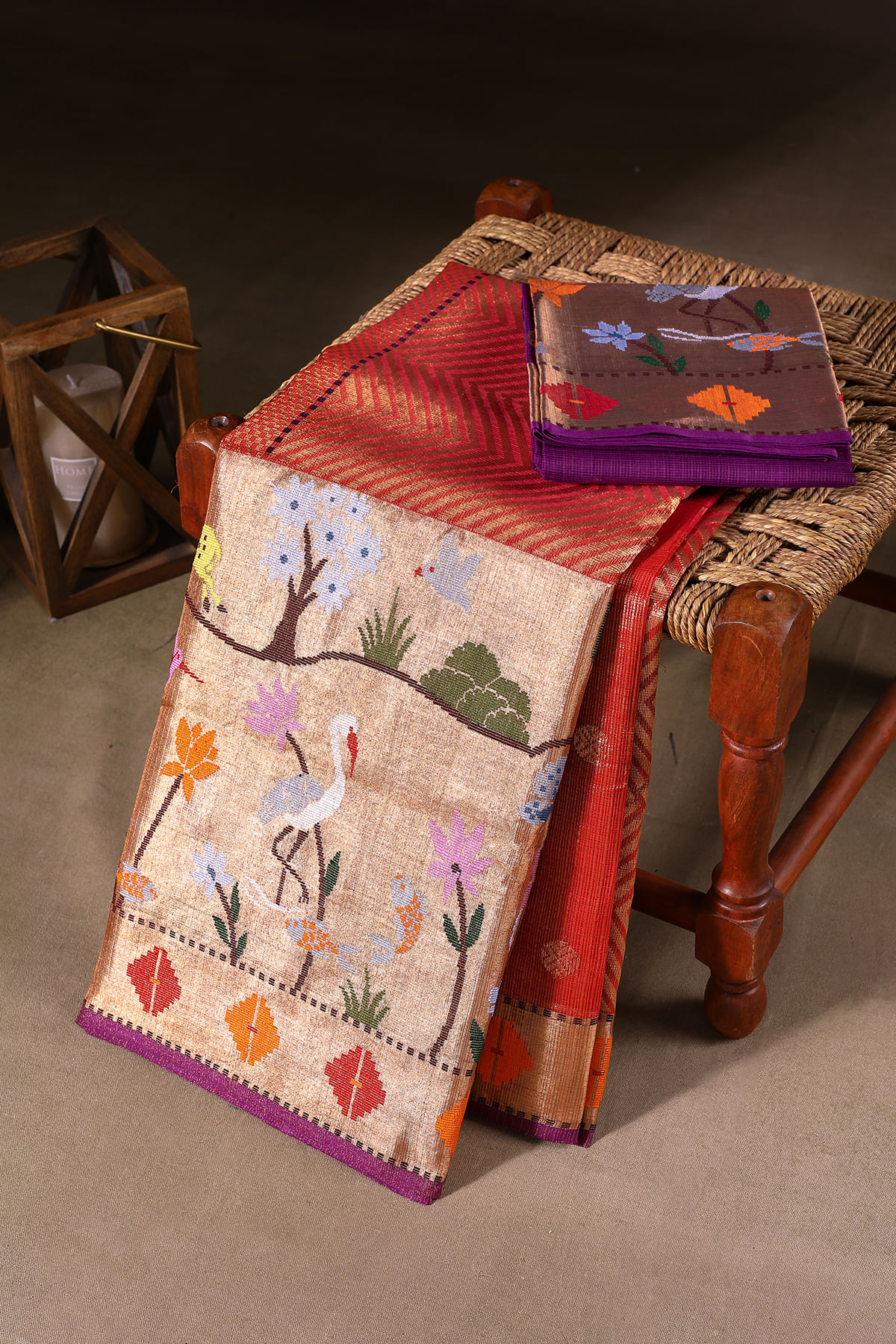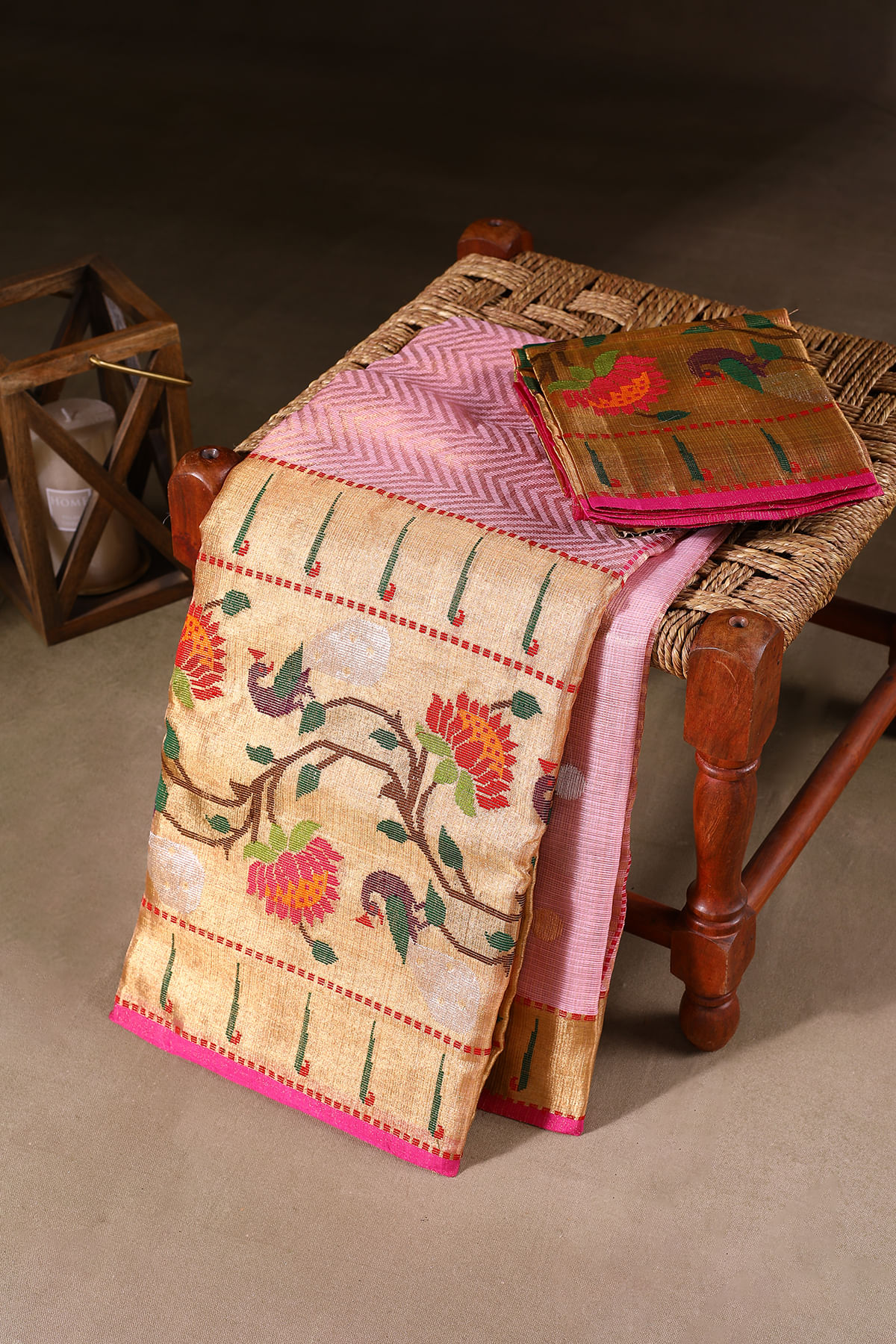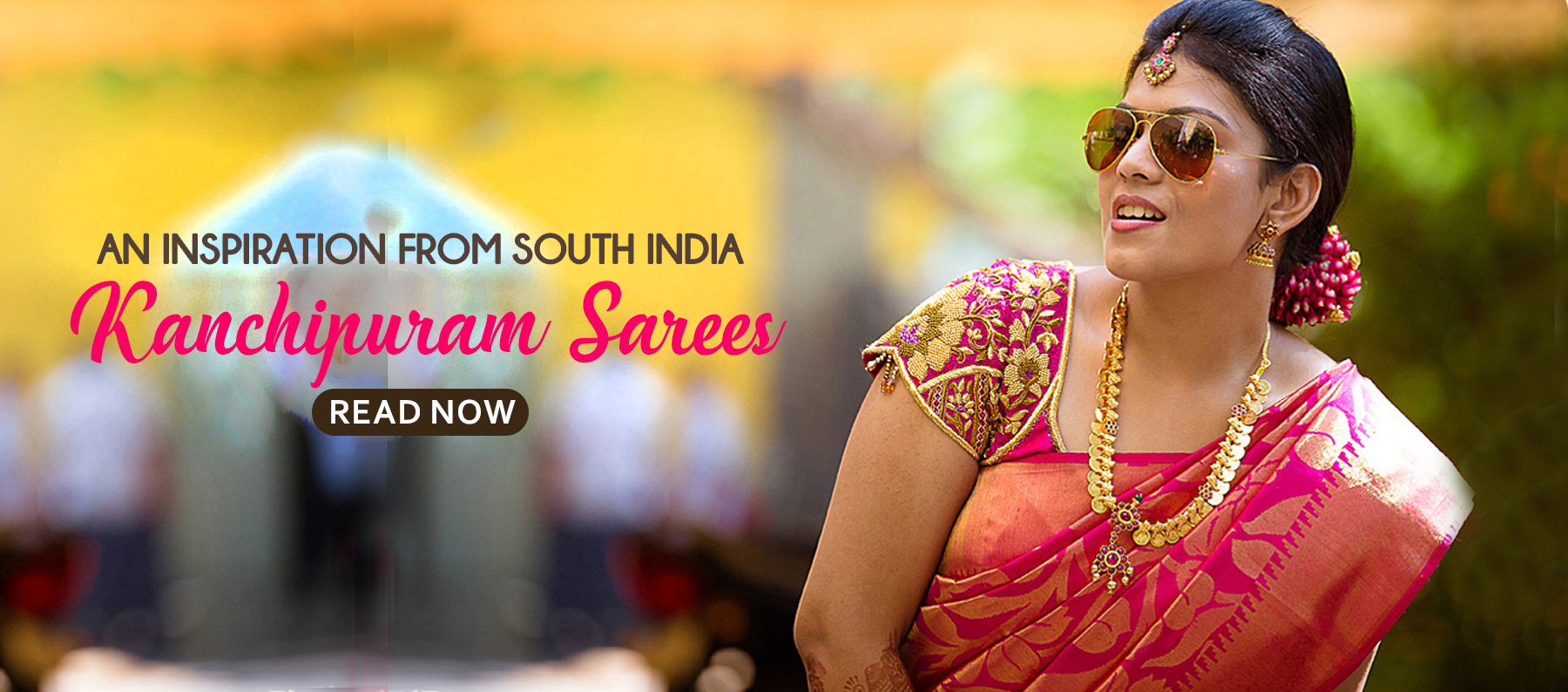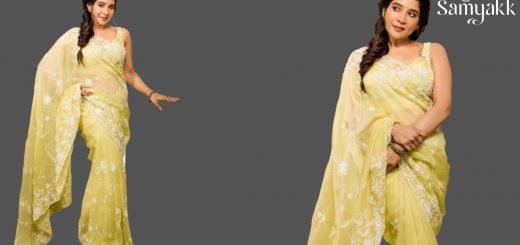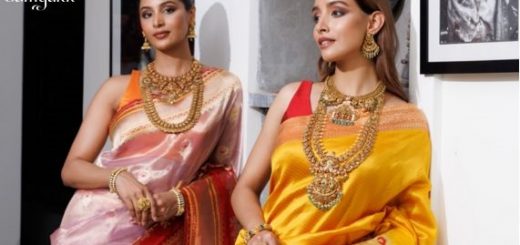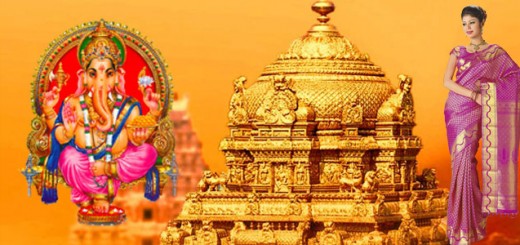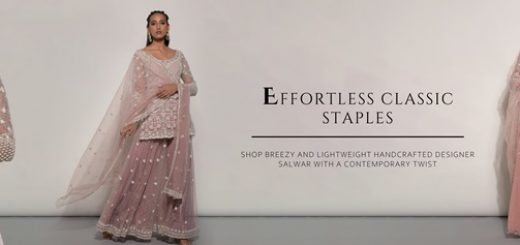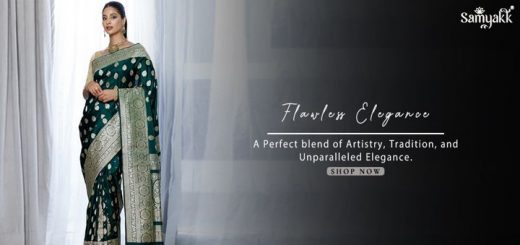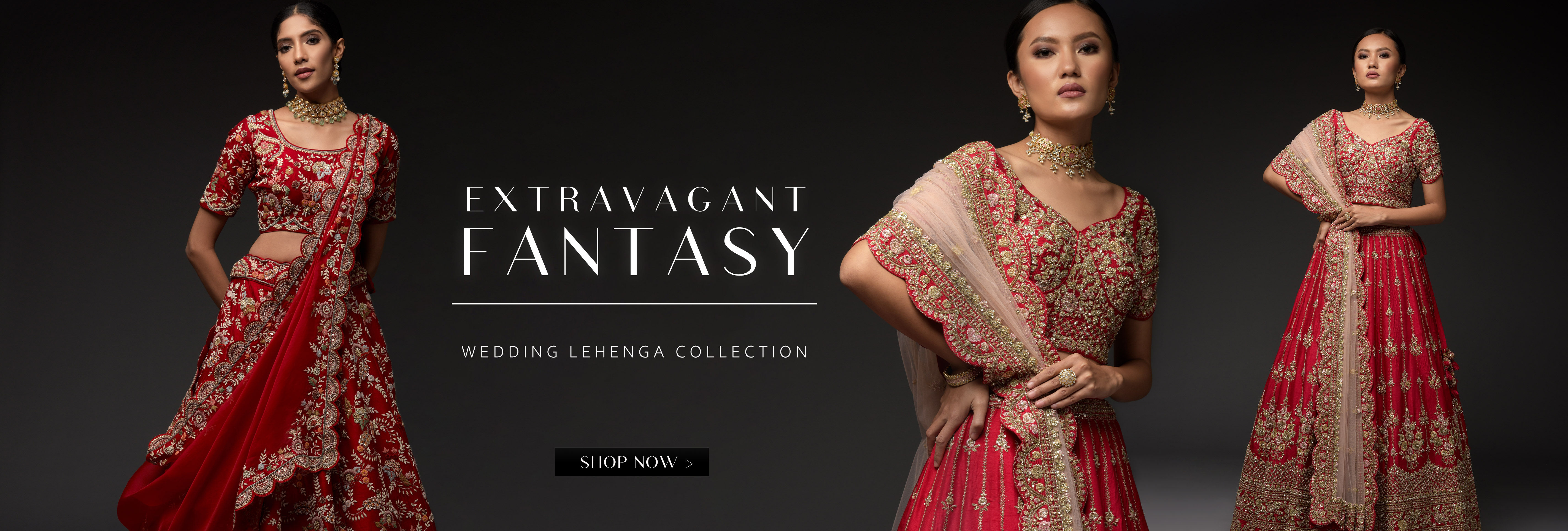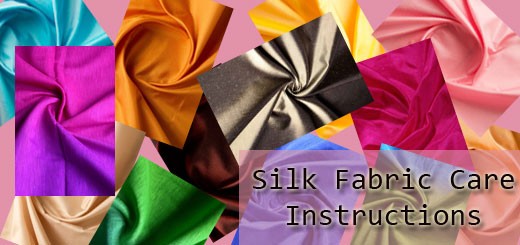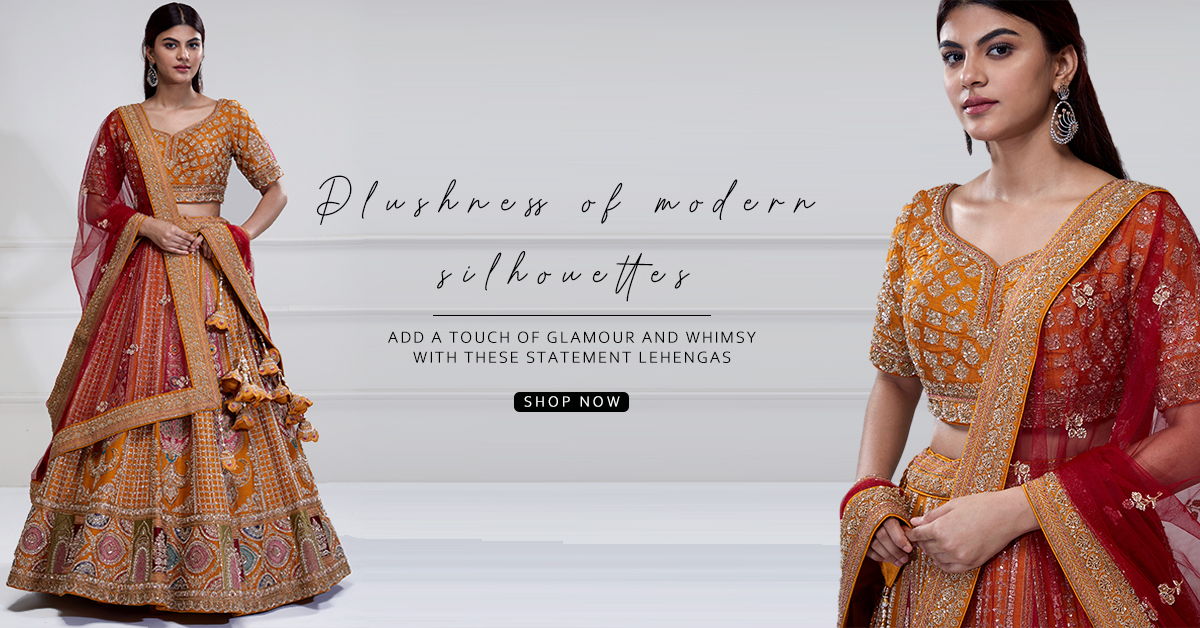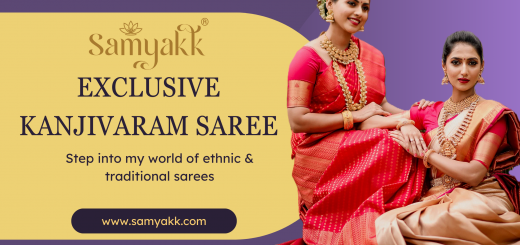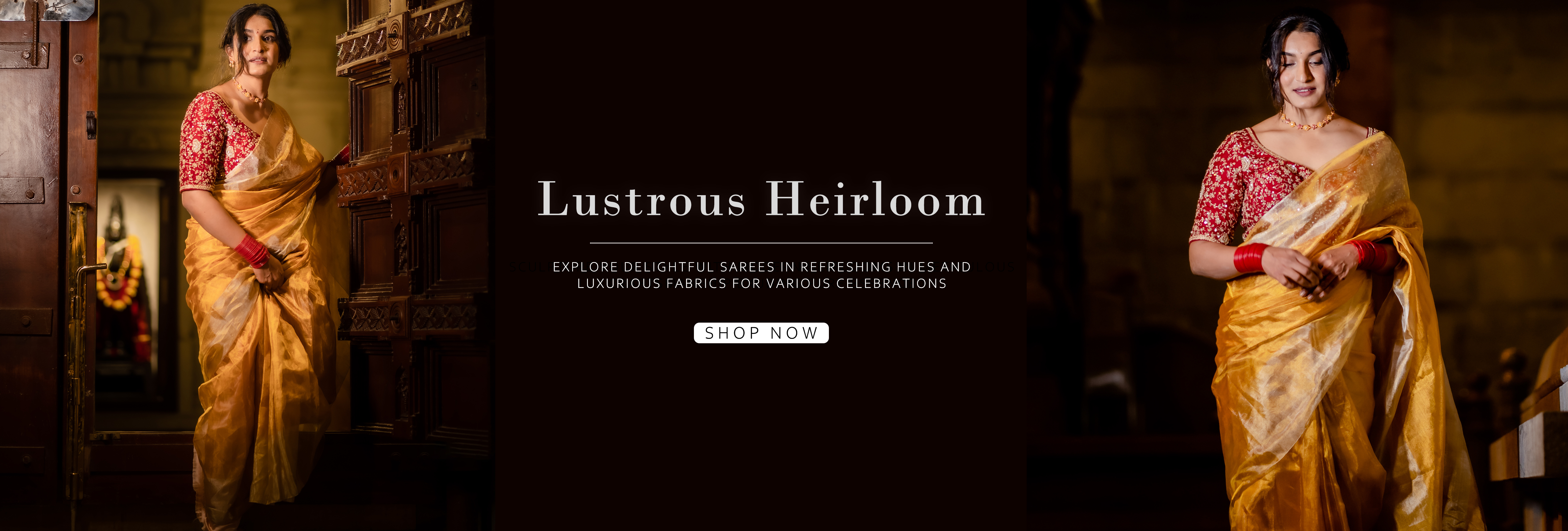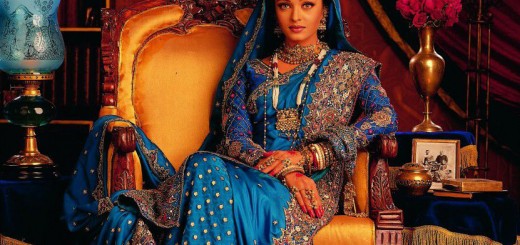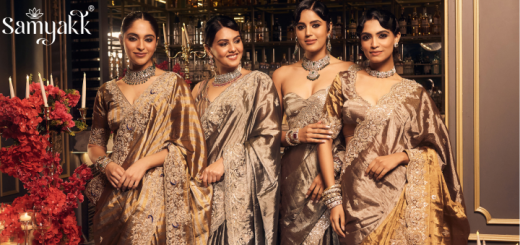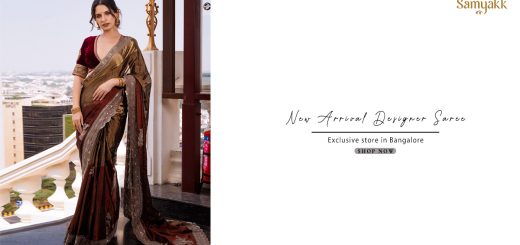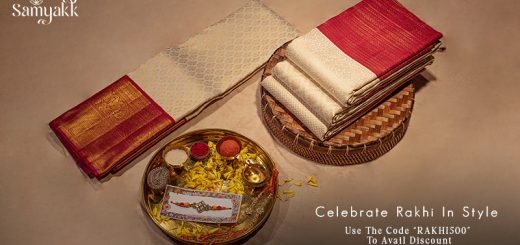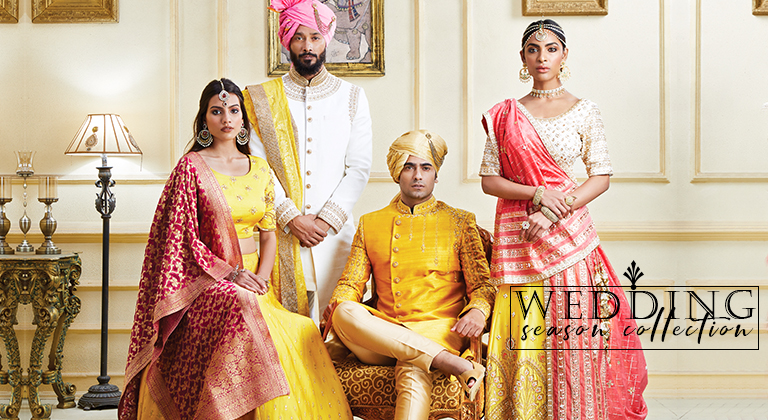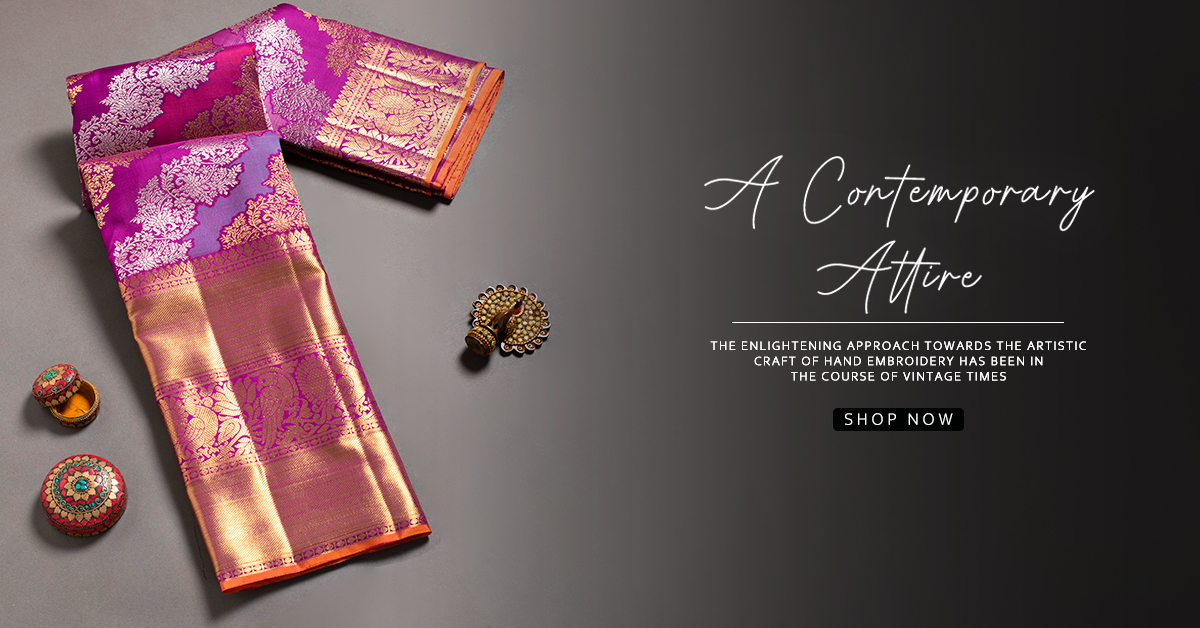Paithani Saree vs. Kota Saree: Which Tradition Tells Your Story?
India’s diverse sartorial heritage is best expressed through its sarees, each style narrating tales of culture, artistry, and history. Among the numerous sarees cherished across the country, Paithani sarees and Kota sarees hold a special place for their unique craftsmanship and timeless charm. But which one aligns with your personality and occasion? Let’s explore their stories, weaving techniques, designs, and occasions to uncover which tradition speaks to you.
Paithani Sarees: Regal Elegance Woven with Care
Known as the ‘Queen of Sarees,’ Paithani sarees come from the ancient town of Paithan in Maharashtra, where they’ve been cherished for their unparalleled grace and elegance for generations.
A Glimpse into the History of Paithani Sarees
Dating back over 2,000 years, Paithani sarees were highly revered during the Satavahana and Peshwa reigns. They were once woven with real gold and silk, making them a status symbol for royalty and the elite.
Craftsmanship that Defines Paithani
The hallmark of Paithani sarees lies in their handwoven silk fabric embellished with intricate zari work. The pallu steals the spotlight, featuring artistic motifs such as peacocks, lotuses, and vines, symbolizing prosperity and beauty. These motifs are painstakingly created using an age-old tapestry weaving technique, with each saree taking weeks or even months to complete.
Designs That Capture the Eye
- Dual-Tone Wonder: Unique weaving techniques give these sarees a mesmerizing dual-shade effect.
- Nature-Inspired Motifs: Peacocks, parrots, and floral patterns dominate the designs, adding an element of natural beauty.
- Rich Colors: Vibrant hues like magenta, royal blue, and emerald green elevate their grandeur.
When Should You Wear a Paithani Saree?
Perfect for weddings, grand festivities, or traditional ceremonies, Paithani sarees make a powerful statement. Their opulent silk texture and bold patterns make them ideal for occasions where sophistication and heritage are celebrated.
Kota Sarees: The Art of Lightweight Grace
Kota sarees are synonymous with breezy elegance. Hailing from the picturesque town of Kota in Rajasthan, these sarees are a favorite among women who seek simplicity combined with sophistication.
The Heritage Behind Kota Sarees
Kota sarees are said to have originated in the 17th century, when the Mughal general Rao Kishore Singh is credited with introducing this distinctive weaving technique. Over time, this weaving art was refined in Rajasthan and became a beloved choice for its lightness and charm.
Masterful Craftsmanship of Kota Sarees
Crafted on traditional pit looms, Kota sarees feature a distinctive khat weave — a fine checkered pattern created using silk and cotton threads. This technique not only enhances the saree’s visual appeal but also ensures durability despite its lightness.
Designs That Define Simplicity
- Khat Pattern: The signature grid-like weave of Kota sarees gives them a unique charm and timeless appeal.
- Subtle Embellishments: Often adorned with minimal floral or geometric motifs for a refined look.
- Color Palette: A mix of pastel hues and bold shades, catering to diverse tastes.
When Should You Choose a Kota Saree?
Kota sarees are ideal for casual outings, office wear, summer weddings, or even intimate celebrations. Their airy fabric ensures comfort, making them a go-to option for events in hot and humid climates.
Paithani vs. Kota: A Cultural Face-Off
| Attributes | Paithani Sarees | Kota Sarees |
| Fabric | Heavy silk with intricate zari work | Lightweight cotton-silk blend with khat weave |
| Weaving Technique | Tapestry weaving for motifs; labor-intensive | Pit loom weaving with minimalistic detailing |
| Motifs | Peacock, lotus, floral vines | Subtle floral and geometric patterns |
| Occasions | Weddings, grand ceremonies, traditional events | Casual outings, office wear, and summer weddings |
| Price Range | High-end; a symbol of luxury | Affordable; suitable for daily wear |
What Makes Paithani Sarees Unique?
- Their opulent zari work and handwoven motifs make Paithani sarees a masterpiece.
- The dual-shade technique ensures an unmatched brilliance under light.
- With each saree taking months to weave, owning one is like owning a piece of art.
What Sets Kota Sarees Apart?
- The breathable fabric of Kota sarees makes them perfect for warmer climates.
- Their delicate design appeals to those who embrace simplicity with refined taste.
- They strike the perfect balance between tradition and modern utility.
How to Choose Between Paithani and Kota Sarees
- Occasion: Choose Paithani for grand celebrations, while Kota is perfect for lighthearted gatherings.
- Climate: Paithani’s heavy silk suits cooler weather, while Kota is your savior for summer events.
- Budget: Invest in Paithani for timeless luxury; opt for Kota for daily sophistication.
- Style: Paithani resonates with those who love bold statements, while Kota appeals to minimalist sensibilities.
Caring for Your Treasures
- Paithani Sarees: Store in muslin cloth to preserve their zari. Handle the zari areas with care and avoid creasing them to keep the fabric’s texture flawless.
- Kota Sarees: Wash with care or dry-clean for longevity. Air them occasionally to prevent moisture buildup.
Final Thought
Whether it’s the regal allure of Paithani sarees or the breezy charm of Kota sarees, both reflect India’s rich heritage and skilled craftsmanship. The choice lies in what you value—luxury or comfort, grandeur or simplicity. To explore authentic sarees that embody these timeless traditions, visit Samyakk, your ultimate destination for heritage weaves crafted to perfection.
Also Read:-
